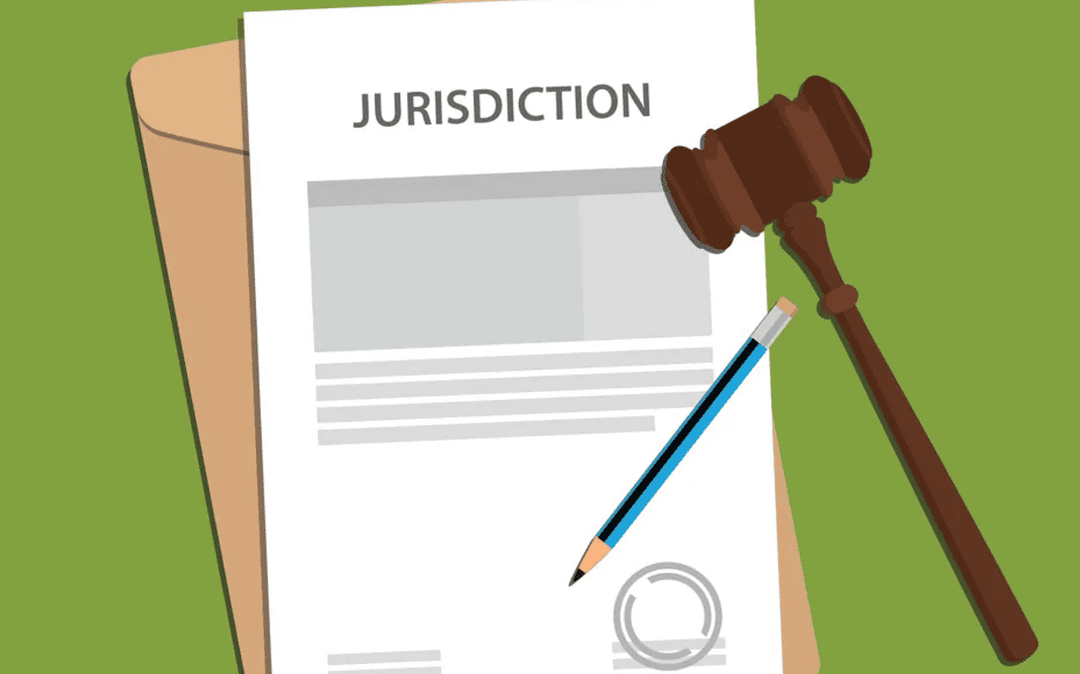Safeguarding Market Integrity: A Comprehensive Look into SEC Regulations in Bangladesh
Dewey Leboeuf, a prominent law firm in Bangladesh, stands at the forefront of legal excellence, navigating the intricacies of securities regulations. This article provides an in-depth exploration of the Securities and Exchange Commission’s (SEC) regulations in Bangladesh, shedding light on its functions, recent reforms, challenges, and the pivotal role played by Dewey Leboeuf in ensuring regulatory compliance.
I. The SEC’s Regulatory Functions

The Securities and Exchange Commission (SEC) in Bangladesh plays a pivotal role in maintaining the integrity and efficiency of the securities market. Its multifaceted functions include:
- Regulating Stock Exchanges: The SEC oversees and regulates the business operations of stock exchanges, ensuring fair and transparent trading practices.
- Registration and Regulation of Intermediaries: Registration and regulation extend to various market intermediaries, including stock-brokers, sub-brokers, share transfer agents, merchant bankers, managers of issues, trustees, registrars, underwriters, portfolio managers, and investment advisers.
- Collective Investment Scheme Oversight: The SEC monitors and regulates collective investment schemes, encompassing all forms of mutual funds. This includes the registration, monitoring, and regulation of these investment vehicles.
- Supervision of Self-Regulatory Organizations: The SEC oversees all authorized self-regulatory organizations in the securities market, ensuring compliance with established regulations.
- Preventing Fraudulent Practices: The SEC is empowered to prohibit fraudulent and unfair trade practices related to securities trading, safeguarding investors’ interests.
- Investor Education and Training: Promotion of investors’ education and provision of training for securities market intermediaries contribute to a more informed and knowledgeable investor community.
- Insider Trading Regulation: The SEC regulates and prohibits insider trading in securities, preventing unfair advantages in the market.
- Regulation of Acquisitions and Takeovers: The SEC regulates substantial acquisition of shares and takeovers of companies, ensuring a transparent and equitable process.
- Investigation and Inspection: The SEC has the authority to undertake investigations, inspections, inquiries, and audits of issuers, dealers of securities, stock exchanges, intermediaries, and self-regulatory organizations in the securities market.
II. Resolution of Regulatory Overlaps
Historically, regulatory overlaps between the Bangladesh Bank and the Securities and Exchange Commission (SEC) posed challenges due to unclear jurisdiction. However, significant strides have been made to resolve these issues. Recent developments have shifted responsibilities related to venture capital, corporate governance, and debt-equity positions from the Central Bank to the SEC, streamlining regulatory functions.
III. Challenges and Commitments
The supervisory regime faces challenges, primarily characterized by “under-enforcement.” The lengthy legal process within the prevailing court system allows offenders to delay cases for extended periods, impeding the SEC’s enforcement efforts. The SEC, in response, is committed to rebuilding its capacity to supervise the capital markets and addressing challenges associated with prolonged legal proceedings.
IV. Key Reforms in Recent Years
Several major reforms have significantly shaped the regulatory landscape in Bangladesh:
- Legislative Amendments: Amendments to the Securities and Exchange Ordinance, 1969, and the Bangladesh Securities and Exchange Commission Act, 1993, have bolstered regulatory frameworks.
- IOSCO MMoU Membership: Bangladesh became a full signatory to the IOSCO MMoU (International Organization of Securities Commissions Multilateral Memorandum of Understanding) in December 2013, elevating its status to Appendix-A.
- Demutualization of Stock Exchanges: In 2013, the demutualization of the Dhaka Stock Exchange (DSE) and Chittagong Stock Exchange (CSE) marked a transformative step in aligning with global market practices.
- Surveillance System Enhancement: Modern surveillance systems were installed at the SEC and stock exchanges, enhancing market monitoring capabilities.
- Corporate Governance Guideline Amendments: Amendments to the Corporate Governance Guideline (CGG) have strengthened governance practices.
- Human Resource Strengthening: The SEC focused on strengthening its human resources, ensuring a competent workforce to meet evolving regulatory challenges.
- Mutual Fund Rules Amendment: Amendments to the Securities and Exchange Commission (Mutual Fund) Rules, 2001, in 2013 and 2015 have adapted regulations to changing market dynamics.
- Debt Securities Rules: The promulgation of the Securities and Exchange Commission (Issue of Debt Securities) Rules, 2012, addressed the issuance and management of debt securities.
- Special Tribunal Establishment: The establishment of a Special Tribunal on the capital market in 2014 aimed to expedite the resolution of market-related cases.
- Alternative Investment Rules: The promulgation of the Bangladesh Securities and Exchange Commission (Alternative Investment) Rules, 2015, introduced regulatory frameworks for alternative investments.
- Listing Regulations Revision: The revision of Listing Regulations for stock exchanges in 2015 aimed at aligning rules with market realities.
- Public Issue Rules Approval: The approval of new Public Issue Rules in 2015 streamlined the process of public offerings.
V. Dewey Leboeuf’s Role: Navigating Regulatory Compliance
Dewey Leboeuf, with its commitment to legal excellence, plays a crucial role in navigating the complex landscape of SEC regulations in Bangladesh. The law firm actively assists clients in understanding, interpreting, and complying with evolving regulatory frameworks. Key areas where Dewey Leboeuf contributes include:
- Risk Mitigation Strategies: Formulating effective risk mitigation strategies to align mutual fund deals with broader business strategies.
- Regulatory Advocacy: Actively advocating for clients in understanding and adhering to evolving legal and regulatory requirements, contributing to market stability and growth.
- Comprehensive Compliance Assurance: Ensuring comprehensive compliance with recent reforms and regulatory changes, allowing clients to navigate the evolving market with confidence.
VI. Conclusion: Upholding Market Integrity
In conclusion, the Securities and Exchange Commission’s regulations in Bangladesh are pivotal in upholding market integrity and ensuring investor protection. The recent reforms, coupled with Dewey Leboeuf’s dedication to legal excellence, position the country’s securities market for sustainable growth. As Dewey Leboeuf continues to guide clients through regulatory complexities, the legal landscape aligns with international best practices, fostering a robust and transparent securities market in Bangladesh.







0 Comments